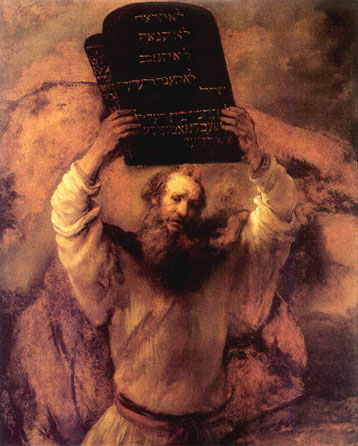
Some more quotes I liked from The Meaning of the Pentateuch (Sailhamer, John. The Meaning of the Pentateuch: Revelation, Composition, and Interpretation. Downers Grove, Ill.: IVP Academic, 2009.)
History is God working out his will in the world. In Israel's history, God was, as it were, submerging himself into human events, making it increasingly more sacred and increasingly more messianic. Ultimately, Israel's sacred history tilts toward Christ in God's final act of stepping into history, the Incarnation. (230)
As van Hofmann says, “It is a long way between the death of an animal whose skin covered [human] nakedness, and the death of the Son of God whose righteousness covers [human] sin. Yet these are like the beginning and the end of the same journey.” - from Interpreting the Bible (230)
To be sure, the Pentateuch is about the Mosaic covenant and the law given at Sinai, but what it says about the law and Sinai anticipates Paul's message in Galatians 3. The law did not produce a living faith in the heart of the individual Israelite. There was nothing inherently wrong with the law, but it is clear that Israel failed to keep it. God gave Israel a future hope and laws to keep them until the arrival of that future. The Pentateuch is a commentary on the laws of the Sinai covenant. It, like the prophetic books, looks for a better covenant than one dependent on written laws and tablets of stone. That “something better” is a new covenant that embraces both Israel and the nations and has as its centerpiece a royal (messianic) redeemer. (245)
The books of the OT were written as the embodiment of a real, messianic hope-a hope in future redemption and a promised redeemer ... The central purpose of the books of the HB from the outset was to serve as the expression of the deep-seated messianic hope of a small group of faithful prophets and their biblically alert followers. (247)
No comments:
Post a Comment